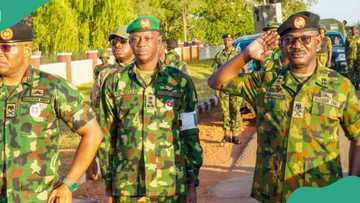‘How the War in Ukraine Resembles the Situation in Africa,’ Ukrainian Embassy in Nigeria Speaks
- Three years have passed since February 24, 2022, when Russia launched a full-scale military invasion of Ukraine
- Marking the upcoming third anniversary of the invasion, the Ukrainian embassy presented its thoughts on the nature of alleged neocolonialism
- In a statement to Legit.ng, the Ukrainian embassy shared how the war in the country resembles the situation in Africa
Legit.ng journalist, Ridwan Adeola Yusuf, has over 9 years of experience covering humanitarian issues worldwide.
Kyiv, Ukraine - The Embassy of Ukraine in Nigeria has remembered the third anniversary of Russia’s invasion of Ukraine.
In a statement authored by Ivan Kholostenko, the Ambassador of Ukraine to Nigeria, made exclusively available to Legit.ng on Thursday, February 20, the Ukrainian embassy said for three years, the country has been defending not only its right to be independent but also the principles of international order based on sovereignty and the inviolability of borders.
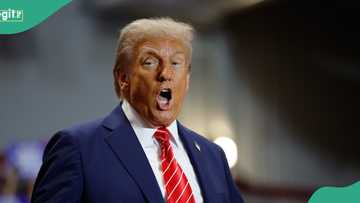
Read also
Breaking: US breaks silence as allegation swirls over USAID's alleged funding of Boko Haram
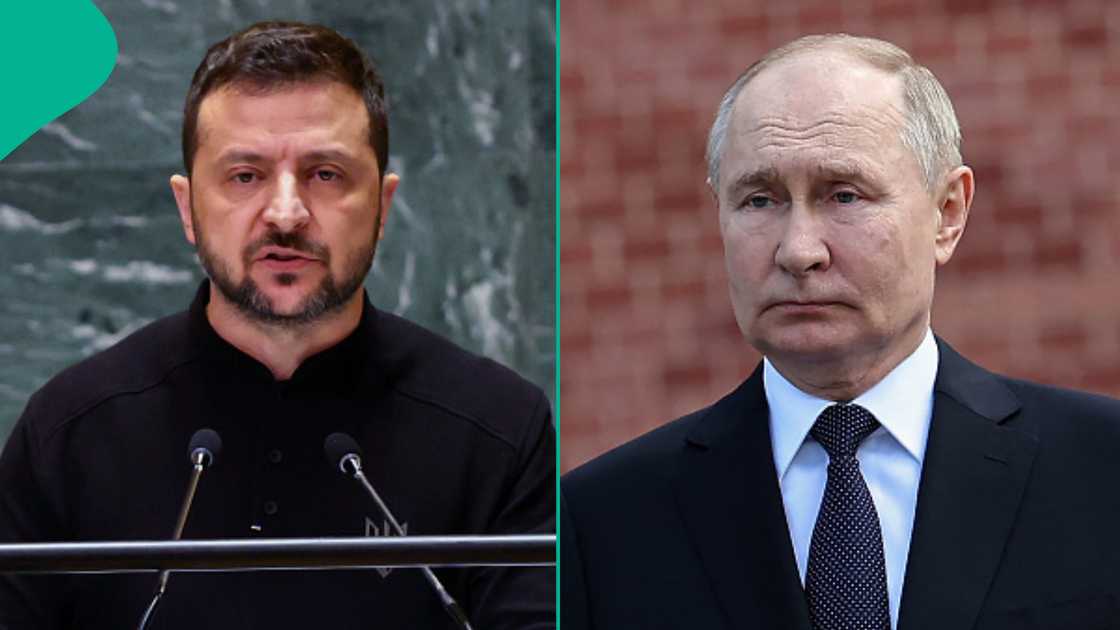
Source: Getty Images
The embassy likened the war in Ukraine to the situation in Africa.
It said:
"The war against Ukraine is only one manifestation of Russia’s neo-imperial policy. Africa has become another arena where Moscow advances its interests using old colonial methods. The Kremlin (referring to Russia) exploits the continent’s natural resources, destabilizes regions through its mercenaries, and seeks to establish control over political elites. In both cases, the ultimate goal is the same: to create dependence, exploit countries for its own benefit, and leave them economically and politically weakened."
Recall that on February 24, 2022, Russia launched what Ukraine calls an "illegal, unprovoked and unjustified" full-scale military invasion of Kyiv, "openly violating international law, disregarding the sovereignty of its neighbour, and attempting to regain control over territories that were once part of its empire."
Ukraine accuses Russia of creating chaos
To understand 'the true nature' of Russia’s actions, Ukraine said it is essential to analyse its strategy through the lens of neocolonialism and compare the methods it employs in Kyiv and Africa.
Ukraine accused Russia of creating chaos or exploiting existing conflicts, then offering 'assistance' in the form of military support, political lobbying, or economic investment.
Ukraine embassy said:
"In the end, the countries that fall victim to this strategy lose control over their own future."
Russia's growing footprint in Africa, alleged dangers
Through the infamous Wagner mercenary group now said to be rebranded as “African Corps”, Moscow is allegedly inserting itself in several African countries.
The Ukrainian embassy in Nigeria continued:
"One of the most striking examples of Russian expansion in Africa is the activity of private military companies, particularly the Wagner Group, now rebranded as the “African Corps.”
"The newly-presented study “Russia in Africa” by Ukrainian Institute for the Future provides a comprehensive overview of how this organisation operates in African countries, offering military "assistance" to governments facing internal conflicts. However, the true role of these mercenaries is far from benevolent. They do not merely “stabilise” situations but actively create new centers of conflict."
Furthermore, the Ukrainian embassy alleged that Russian mercenaries support specific political factions, eliminate competitors, intimidate local populations, and ultimately make governments even more dependent on Moscow.
It said:
"In return, the Kremlin gains access to key natural resources—gold, uranium, diamonds, and rare-earth metals.
"Today, Russia is one of the largest exploiters of Africa’s resources. It extracts gold, uranium, diamonds, oil, and gas across the continent, doing so without transparent agreements or fair economic benefits for African nations.
"The Kremlin employs the same approach in Ukraine. Russian occupying forces steal Ukrainian grain, abduct Ukrainian children, and attempt to erase the cultural identity of entire regions."
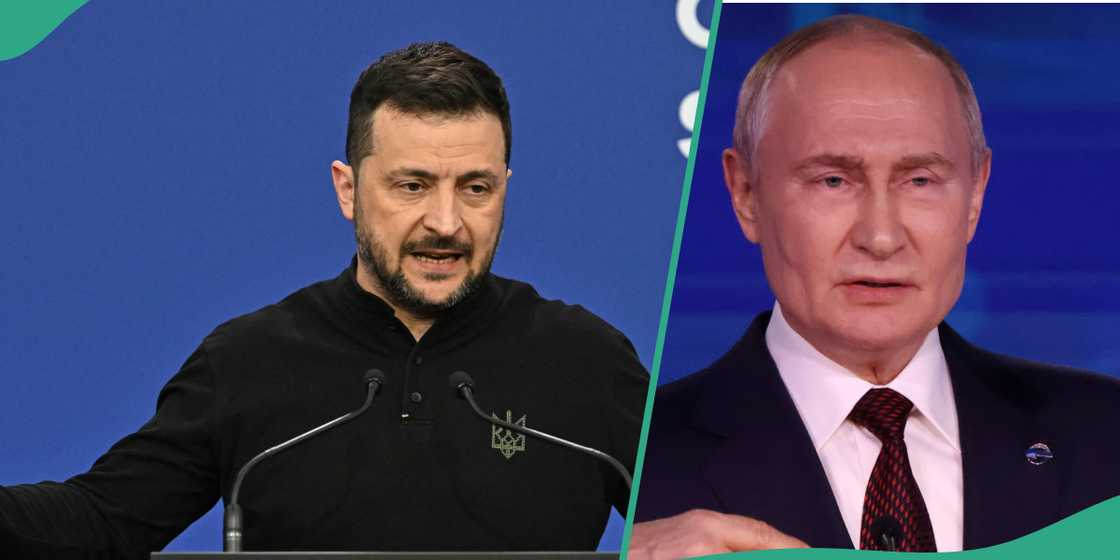
Source: Getty Images
Describing Russia as "a common adversary" to Africa and Kyiv, Ukraine urged Nigeria and other African countries to critically analyse "the Kremlin’s rhetoric", which it said portrays Russia as a “friend of Africa” while it simultaneously exploits resources, supports authoritarian regimes, and spreads chaos.
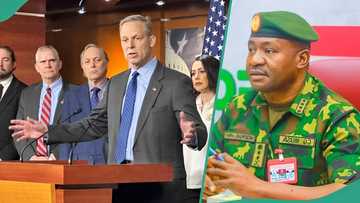
Read also
Why US lawmaker's claim on alleged Boko Haram sponsors may be false, Security Expert Speaks
Read more on the Ukraine-Russia war:
- “Russia using Boko Haram's tactics”: Why Nigeria, others should stand with Ukraine, envoy explains
- “If Russia wins, it will lead to World War III”: President Zelenskyy reveals why Africa should support Ukraine
- Ukraine captures global investors’ attention despite war, foreign reserves now higher than Nigeria's $33bn
Zelenskyy criticises Putin
Earlier, Legit.ng reported that President Volodymyr Zelenskyy condemned Putin "following one of the largest Russian strikes on Ukraine."
In a social media post, Zelenskyy said Putin only desires "destruction and death".
Proofreading by Nkem Ikeke, journalist and copy editor at Legit.ng.
PAY ATTENTION: Сheck out news that is picked exactly for YOU ➡️ find the “Recommended for you” block on the home page and enjoy!
Source: Legit.ng



